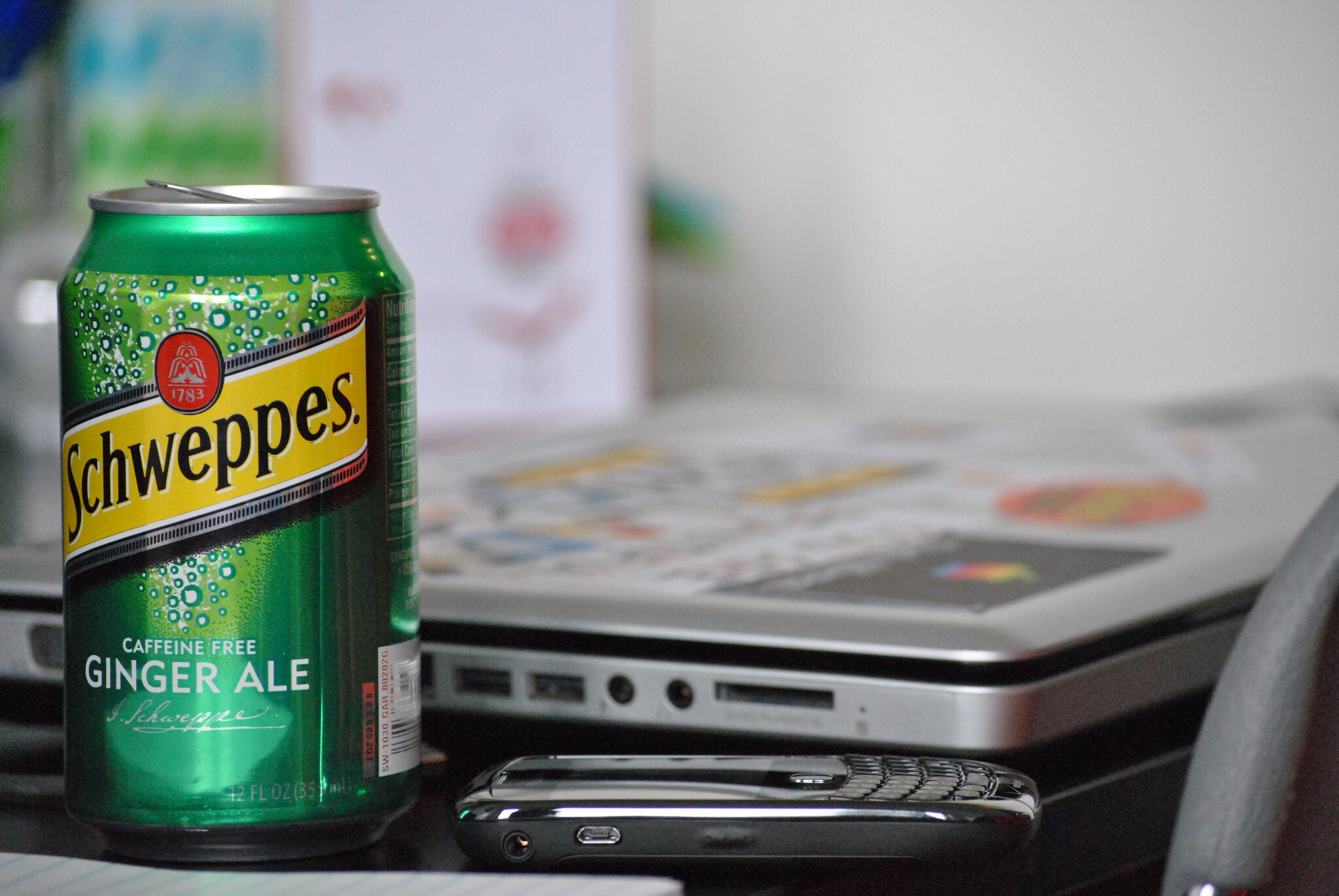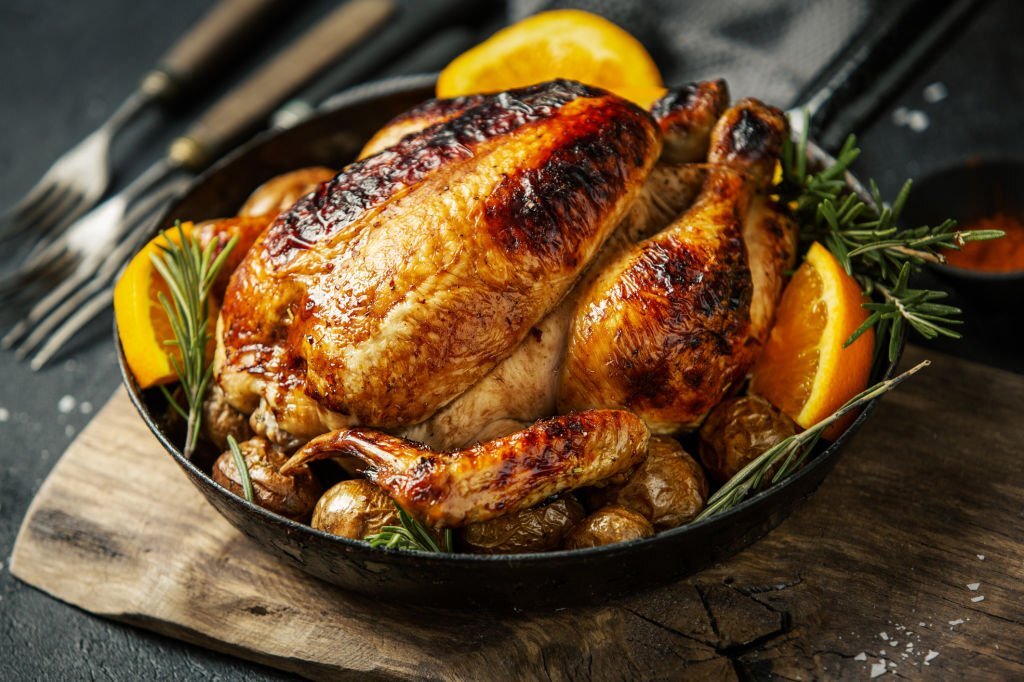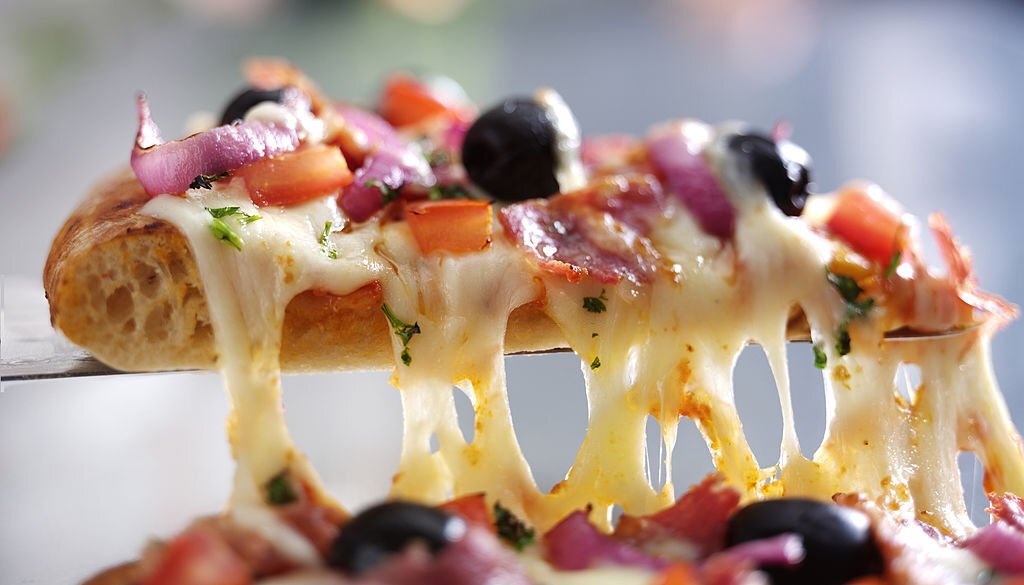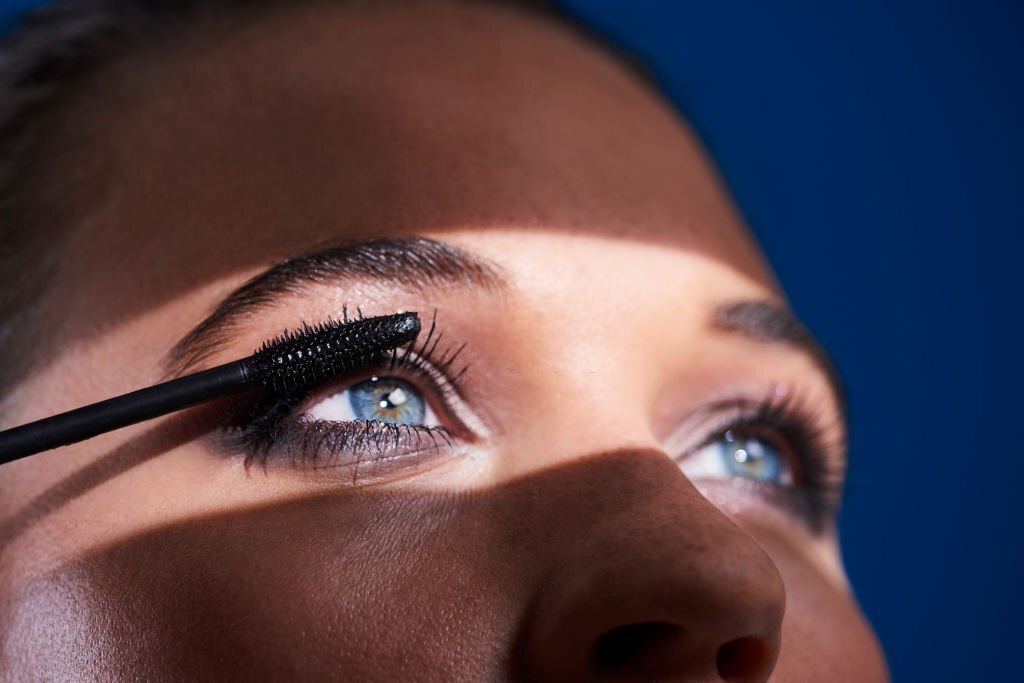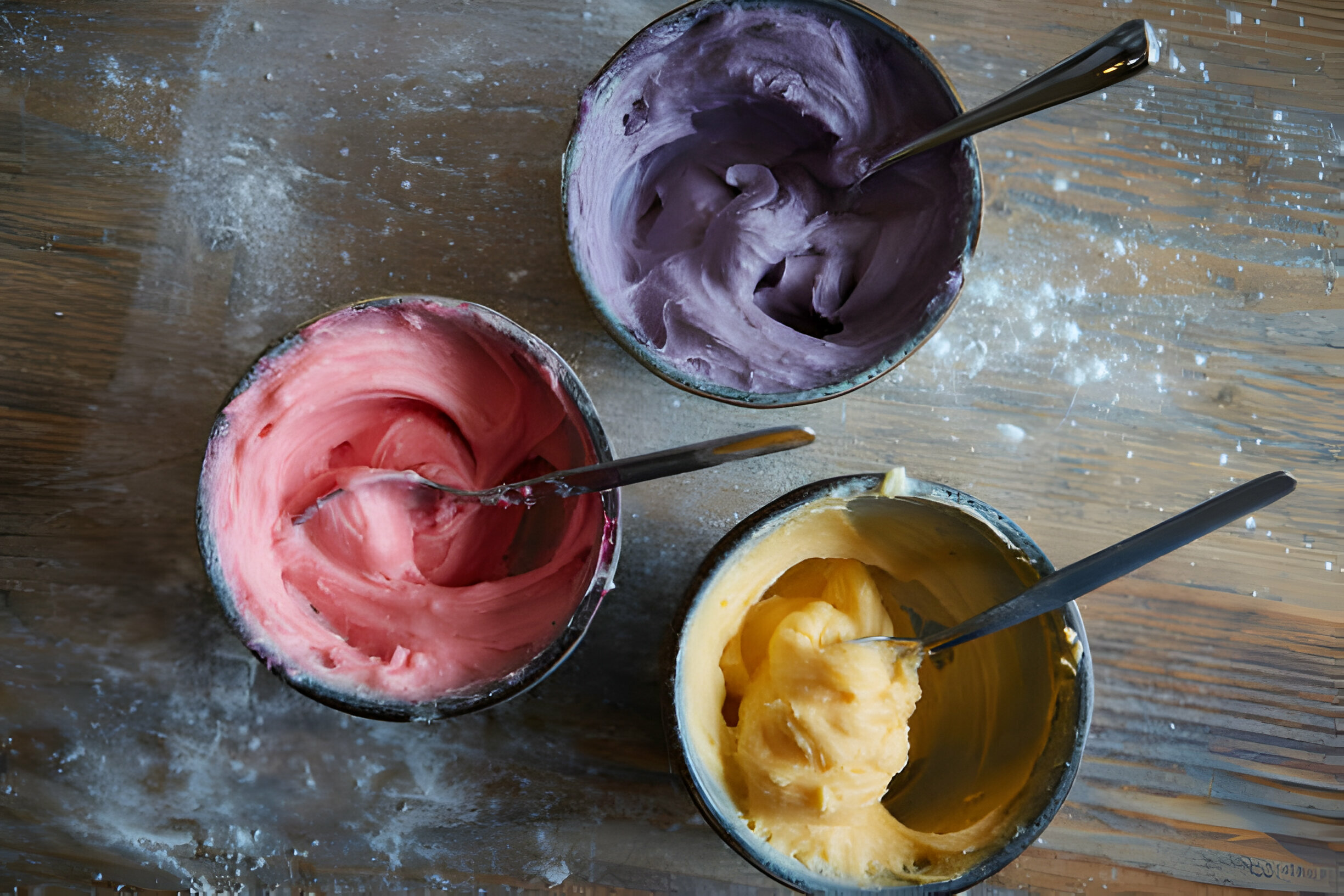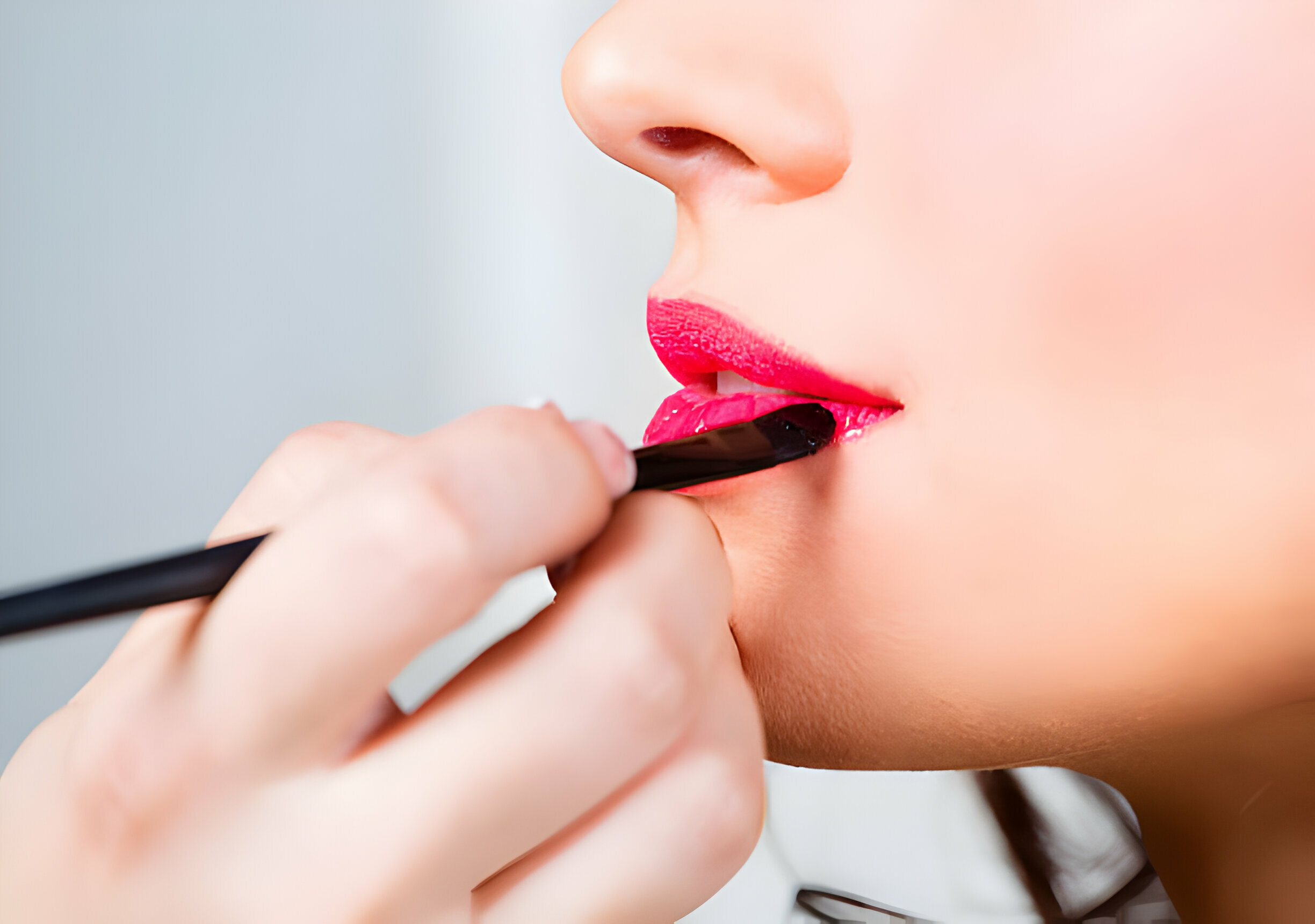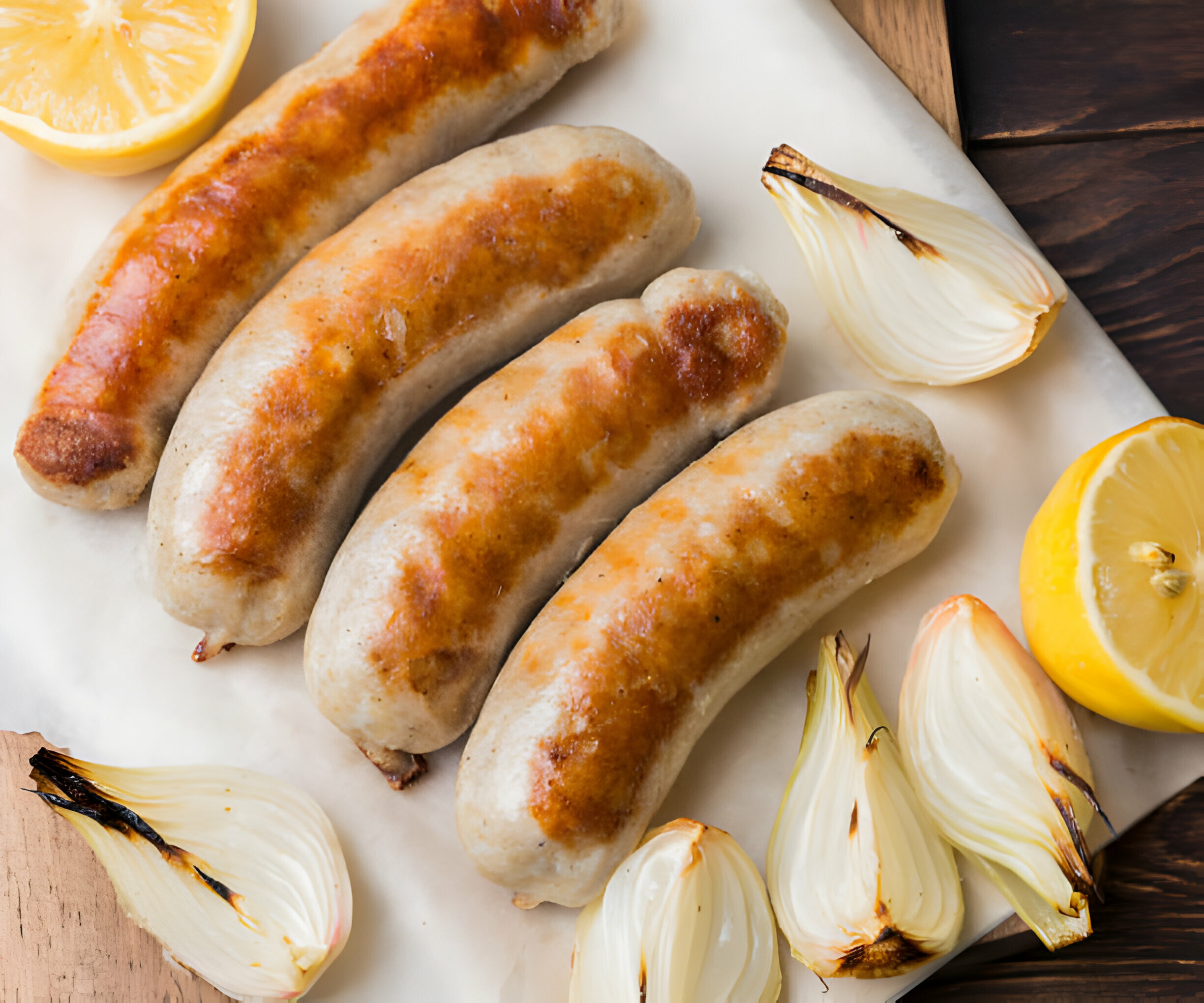Does Ginger Ale Have Caffeine?
Ginger ale, with its refreshing and zesty flavor, has been a beloved beverage for centuries. Created initially as a medicinal tonic, this effervescent drink has evolved into a popular choice for casual enjoyment and an essential ingredient in various cocktails. While ginger ale’s health benefits and flavor have been well-documented, consumers still have a pervasive question: does ginger ale have caffeine?
In this article, we explore ginger ale’s ingredients, the manufacturing process, and, most importantly, the presence (or absence) of caffeine. We will delve into the realm of caffeine, understanding its effects on the body and its prevalence in different beverages. With a focus on ginger ale, we aim to clarify the confusion surrounding its caffeine content and offer.
History Of Ginger Ale
Ginger ale, a non-alcoholic beverage, has its roots in Ireland and was created by Irish doctor and chemist Thomas Joseph Cantrell in the 1850s. He initially developed a tonic to ease stomach ailments using ginger’s medicinal properties. Dr. Samuel McClure also developed a similar beverage in Belfast. 1861 Cantrell and McClure formed Cantrell & Cochrane, which later became Cantrell & Cochrane Limited. The company’s ginger ale gained popularity for its health benefits and refreshing taste, becoming a favorite among consumers in Ireland and Britain.
Early ginger ales were brewed through a fermentation process, resulting in a mildly alcoholic beverage. Using carbonated water and artificial flavorings, modern versions created a fizzy, non-alcoholic ginger beverage suitable for all ages. Ginger ale’s popularity extended beyond Europe to North America during the late 19th and early 20th centuries, becoming a staple in soda fountains and a mixer for cocktails like the iconic Moscow Mule.
What Is Ginger Ale?
Ginger ale is a carbonated, non-alcoholic beverage renowned for its distinctive flavor profile that seamlessly blends the spiciness of ginger with a hint of sweetness. Rooted in history, ginger ale’s origins can be traced back to the 19th century when it was first crafted in Ireland. Traditionally, ginger ale was produced by fermenting ginger, sugar, and water, giving it a slightly alcoholic content.
However, the modern version of ginger ale is usually non-fermented, making it suitable for all ages. The key ingredient that sets ginger ale apart is ginger, a spicy and aromatic root with numerous health benefits. Besides its zesty taste and refreshing effervescence, ginger ale has been hailed for its potential to alleviate stomach discomfort and aid in digestion.
Over time, ginger ale has grown in popularity and evolved into various forms, including caffeine-free and natural sweetener alternatives, catering to diverse tastes and health preferences. Whether enjoyed on its own or mixed in delightful cocktails, ginger ale continues to captivate taste buds and serve as a go-to choice for a fizzy and refreshing beverage.
Types Of Ginger Ale
Ginger ale has various types and flavors to cater to different tastes and preferences. Some of the most common types of ginger ale include:
- Regular Ginger Ale: This is the classic and most common type of ginger ale available. It has a balanced ginger flavor with a slightly sweet taste. Regular ginger ale typically has a clear, golden color and is known for its refreshing and bubbly nature.
- Dry Ginger Ale: Dry ginger ale is a less sweet version of the regular ginger ale. It has a more pronounced ginger flavor and is often preferred by those who enjoy a sharper and less sugary taste. Dry ginger ale is also a popular choice as a mixer in cocktails.
- Spicy Ginger Ale: Spicy ginger ale is infused with additional spices to enhance the heat and intensity of the ginger flavor. It may contain ingredients like a chili pepper or additional ginger extracts, providing a more fiery and robust taste.
- Golden Ginger Ale: Golden ginger ale refers to a variety that has a deeper, richer flavor profile. It typically contains more ginger extract or ginger root, resulting in a stronger and more complex taste. Golden ginger ale is often favored by those who enjoy a bolder ginger experience.
- Craft or Artisanal Ginger Ale: Craft or artisanal ginger ales are produced by smaller, independent brands. These ginger ales often use natural ingredients and traditional brewing methods to create a unique and premium product. They may feature organic or locally sourced ingredients, and their flavors can vary significantly from brand to brand.
- Flavored Ginger Ale: Some brands offer flavored variations of ginger ale by adding additional fruit or herbal extracts. Popular flavors include lemon, lime, raspberry, and cranberry. These flavored ginger ales provide a twist on the traditional ginger ale taste, adding a hint of complementary flavors.
What Are The Ingredients In Ginger Ale?
The ingredients in ginger ale can vary depending on the brand and type of ginger ale, but the typical ingredients found in traditional and modern non-alcoholic ginger ale include:
- Ginger: The key ingredient and star of the show is a spicy and aromatic root that gives ginger ale its distinct flavor and aroma. It is often used as ginger extract, ginger syrup, or fresh ginger juice.
- Carbonated Water: Ginger ale is a carbonated beverage, and carbonated water serves as the base that gives the drink its characteristic fizziness.
- Sugar: Traditionally, ginger ale was made by fermenting ginger, sugar, and water. While modern versions use non-fermentation methods, sugar is still a common ingredient to add sweetness to the drink.
- Citric Acid: This natural acid is added to ginger ale to enhance the tartness and provide a balanced flavor profile.
- Natural Flavors: Some ginger ale brands include natural flavors to intensify the ginger taste or add subtle notes of other fruits or spices.
- Preservatives: To extend the shelf life of commercial ginger ale, preservatives like potassium sorbate or sodium benzoate may be added.
- Caramel Color: This is sometimes used to give ginger ale its characteristic amber color, although some brands may opt for a more natural appearance without caramel color.
- Phosphoric Acid: It’s commonly used in some ginger ale formulations to add acidity and tartness to the beverage.
- Sodium Citrate: This ingredient can act as a stabilizer and emulsifier, helping to maintain the texture and consistency of the drink.
Does Ginger Ale Have Caffeine?

Ginger ale is a carbonated beverage that is flavored with ginger, a spicy root that has many health benefits. Ginger ale does not have caffeine, unlike some other soft drinks that contain cola or tea extracts. According to Coffee Affection, a 12 fl oz serving of ginger ale has 0 mg of caffeine, 25 calories, 10 mg of sodium, and 20 to 30 grams of sugar. Some popular brands of ginger ale, such as Schweppes and Canada Dry, also offer diet versions with less sugar and calories but still no caffeine.
Ginger ale is often used to remedy nausea, indigestion, or motion sickness, as ginger has anti-inflammatory and antiemetic properties. It is also a standard mixer for alcoholic drinks, such as the Moscow Mule or the Dark and Stormy. Ginger ale can be enjoyed by people who want to avoid or limit caffeine intake, such as pregnant women, children, or those with high blood pressure or insomnia. However, ginger ale is not a good source of hydration, as it contains artificial sweeteners and high-fructose corn syrup, which can contribute to obesity, diabetes, and tooth decay. Therefore, it is advisable to drink ginger ale in moderation and balance it with water or other healthy beverages.
Which Ginger Ale has caffeine?
Most ginger ale brands offer caffeine-free versions of their beverages, making them suitable for individuals who wish to avoid caffeine. Caffeine is not a typical ingredient in traditional ginger ale recipes, primarily consisting of carbonated water, ginger, sugar, and natural flavorings. Therefore, popular ginger ale brands like Canada Dry, Schweppes, and Seagram typically do not contain caffeine.
What Sodas Are Caffeine-Free?
Several sodas are caffeine-free, catering to individuals who prefer to avoid the stimulating effects of caffeine. One of the most popular caffeine-free options is caffeine-free Coca-Cola, which offers the same classic cola flavor without the added caffeine. Similarly, Pepsi offers a caffeine-free version of its iconic cola drink. Root beer enthusiasts can enjoy caffeine-free options, including A&W Root Beer and Barq’s Root Beer. Other caffeine-free choices include Sprite, 7-Up, Sierra Mist, and Fanta.
Some specialty soda brands also offer a wide range of caffeine-free flavors, catering to diverse taste preferences. Whether you’re looking for a classic cola taste, a zesty lemon-lime option, or a rich and creamy root beer, plenty of caffeine-free sodas are available to quench your thirst without the jolt of caffeine.
Ginger Ale and Health Considerations
When it comes to health considerations, ginger ale has both positive and negative aspects to take into account. Here are some key points to consider:
Positive Health Considerations:
- Digestive Benefits: Ginger, the main ingredient in ginger ale, has been traditionally used to aid digestion and alleviate stomach discomfort. It may help with issues like indigestion, bloating, and nausea.
- Anti-Inflammatory Properties: Ginger contains compounds with anti-inflammatory effects, which may benefit individuals with inflammatory conditions like arthritis.
- Nausea Relief: Ginger effectively reduces nausea, making ginger ale a potential remedy for mild nausea.
- Hydration: As a carbonated beverage, ginger ale can contribute to hydration, particularly for those who find plain water less appealing.
- Soothing Properties: The warmth of ginger can provide a soothing effect, making ginger ale a comforting drink for sore throats or cold symptoms.
Negative Health Considerations:
- Added Sugars: Commercial ginger ale often contains high amounts of added sugars, which can contribute to excessive calorie intake and may not benefit overall health.
- Lack of Nutrients: Ginger ale provides little to no essential nutrients, and its nutritional value is primarily based on its sugar content.
- Caffeine Content (in some varieties): While most ginger ale is caffeine-free, some specialty or artisanal varieties may contain caffeine, which can be a concern for those sensitive to stimulants.
- Dental Health: Frequent consumption of sugary beverages like ginger ale can contribute to tooth decay and dental problems.
- Gas and Bloating: The carbonation in ginger ale can lead to gas and bloating in some individuals, particularly those who are prone to digestive issues.
Ginger Ale Nutritional Facts
Here’s a simple table showcasing the typical nutritional facts for a standard serving size (12 fl oz or 355 ml) of ginger ale:
| Nutrient | Amount per Serving (12 fl oz) |
| Calories | 124 |
| Total Fat | 0g |
| Saturated Fat | 0g |
| Trans Fat | 0g |
| Cholesterol | 0mg |
| Sodium | 35mg |
| Total Carbohydrates | 31g |
| Dietary Fiber | 0g |
| Sugars | 31g |
| Protein | 0g |
How To Drink Ginger Ale?
Drinking ginger ale can be a delightful and refreshing experience, offering a balance of sweet and spicy flavors. To enjoy ginger ale, start by chilling the beverage for a crisp and cool sip. Pour it into a glass, releasing the effervescence’s aromatic bubbles.
Take a moment to savor the pleasant aroma of ginger. With each sip, allow the zesty notes of ginger to dance on your taste buds, providing a tingling sensation that awakens your senses. Ginger ale pairs well with various occasions – from casual gatherings to formal events. It can be enjoyed on its own as a thirst quencher or as a cocktail mixer for a delightful twist. Whether relaxing at home or celebrating with friends, sipping ginger ale can offer a moment of calm and enjoyment.
FAQs
Can kids Drink Ginger Ale?
Yes, kids can drink ginger ale, but it’s best to opt for caffeine-free and low-sugar options and offer it in moderation as part of a balanced diet.
Does Schweppes Ginger Ale Have Caffeine In It?
No, Schweppes ginger ale does not contain caffeine. It is a caffeine-free beverage with the classic ginger ale flavor.
Is Ginger Ale An Energy Drink?
No, ginger ale is not an energy drink. It is a carbonated beverage with a ginger flavor but does not contain the added stimulants typically found in energy drinks.
Is Ginger Ale Stronger Than Beer?
No, ginger ale is not stronger than beer. Beer contains alcohol, while ginger ale is a non-alcoholic beverage.
What is The Safest Ginger Ale?
For the safest ginger ale, choose natural, caffeine-free, low-sugar, and quality brands with transparency and real ginger for a health-conscious option.
Is Schweppes Ginger Ale Better Than Canada Dry?
Subjective preference between Schweppes and Canada Dry ginger ale depends on individual taste preferences, offering popular choices for ginger ale enthusiasts.
Conclusion
Ginger ale is a popular, versatile beverage with a long history of providing a zesty and refreshing experience. While traditional and modern non-alcoholic varieties are caffeine-free and offer potential health benefits, it’s crucial to be mindful of added sugars and opt for natural options. Moderation is key to fully enjoying the benefits while maintaining a balanced and health-conscious approach. Individuals can indulge in this effervescent treat with a wide range of options while making informed choices that suit their taste preferences and dietary needs.
Claire Lower
Claire is LiveandFeel Senior Food Editor. She has a BS in chemistry, a decade of food journalism experience, and a deep love for mayonnaise and MSG. As a Senior Food & Beverage Writer for liveandfeel, where I generate exciting content covering topics such as culinary trends, recipes, and perhaps even health and wellness aspects related to food. that not only informs but also captivates a sizable audience.

